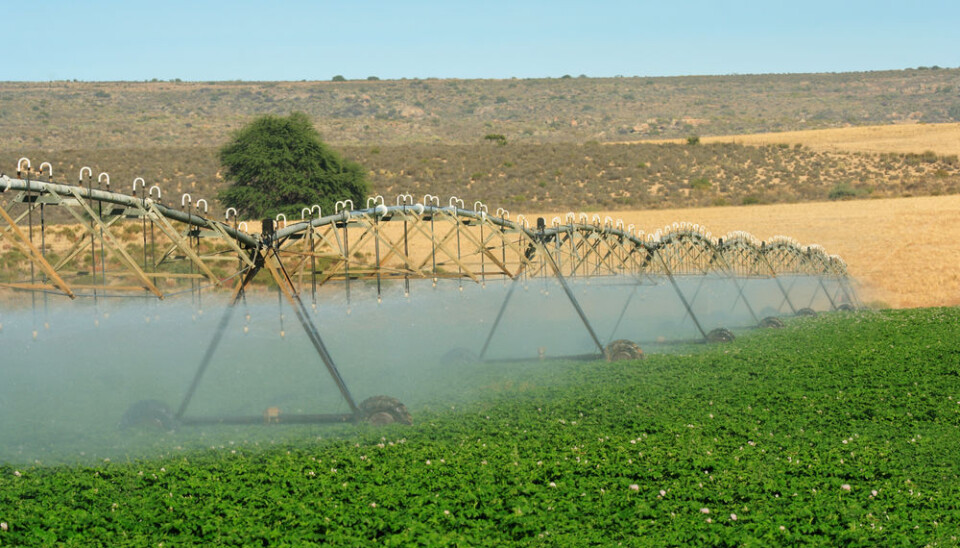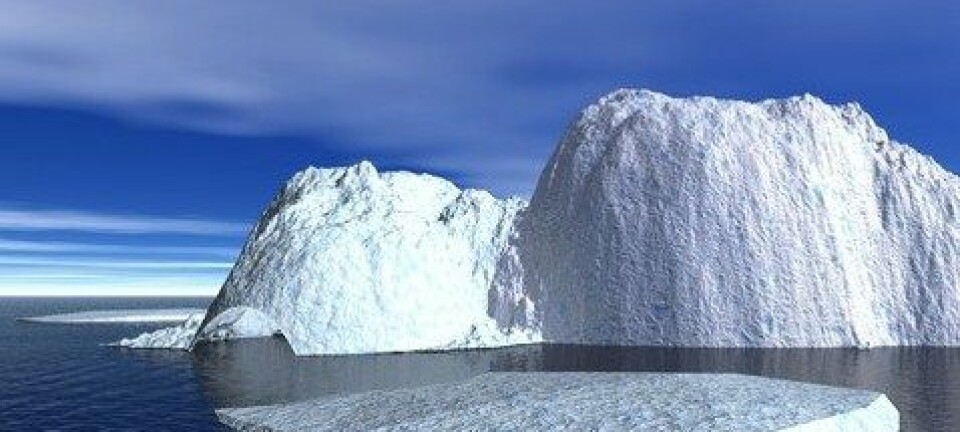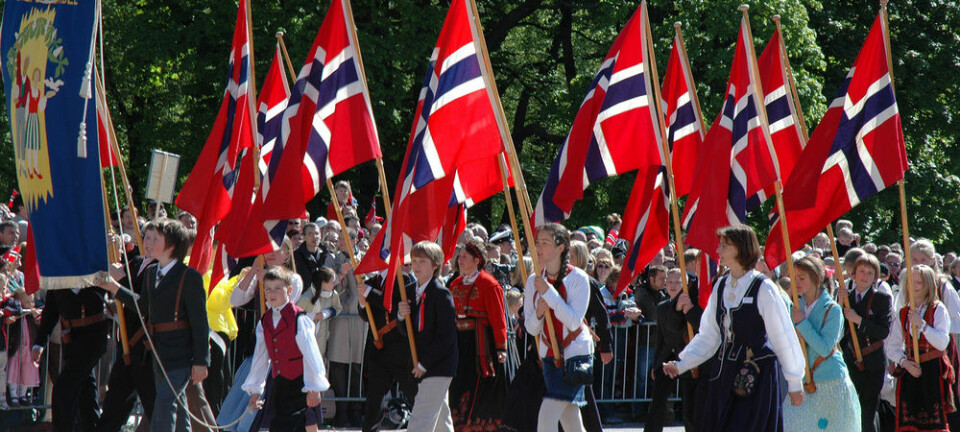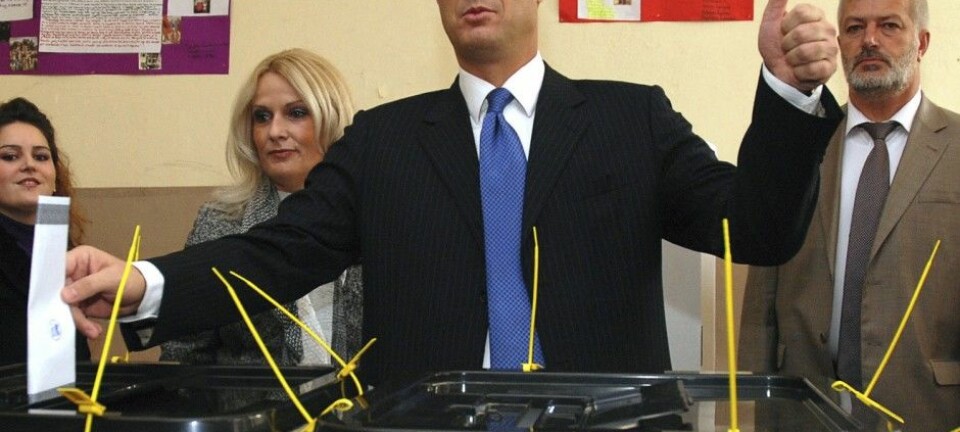
Irrigation is the source of inequality
Water scarcity in the past laid the ground for large differences in wealth and political power today.
For centuries, irrigation has been vital in cultivating the land in areas of the world where rain rarely falls.
But the dams and canals that carry water from lakes and rivers across the fields required resources, and were only an option for those rich and powerful enough to afford them.
The elite in Asia and the Middle East established irrigation systems several thousand years ago, which enabled them to control the water resources that were vital for agriculture in these dry regions. For them, no water simply meant no agriculture.
New research shows that these ancient patterns of control of irrigation water are still reflected in the governance of these countries.
More economic inequality in countries with less rain
The new research suggests that countries, which were historically dependent on irrigation are today less equal and democratic compared to rain dependent agricultural regions.
Researchers from the University of Copenhagen, Denmark, Assistant Professor Asger Moll Wingender and his team, gathered the results of many published studies of individual countries to produce a picture of irrigation and governance in the past.
The potential for irrigation
But how do you even determine where irrigation systems were several thousand years ago?
Reliable data is hard to find, says Wingender, and so they developed a concept of ‘irrigation potential’ to identify regions likely to have had irrigation systems in place.
"It's the potential gain from irrigation, which we use to explain the spread of the regimes," says Wingender.
"Instead of looking at the [presence of] actual irrigation, we looked at it through climatic and geographic variables and how beneficial the introduction of irrigation would’ve been," he says.
The use of irrigation potential solves the traditional problems associated with identifying areas that were historically dependent on irrigation, says Ola Olsson, professor of development economics at the University of Gothenburg, Sweden.
Irrigation leads to dictatorship
In previous studies, the same research team had already found a clear correlation between irrigation and supressed democracy.
They found that countries, whose agriculture depends on irrigation, are 6 points less democratic than countries with rain dependent agriculture.
It’s a clear result, says Wingender.
"Countries in Northern Africa are markedly less democratic than those in Europe largely due to the kind of agriculture they’ve had historically," he says.
Uneven distribution of land and wealth explains the lack of democracy
It may at first seem strange that historical agricultural practices have such an influence on modern day political regimes, says Wingender.
"But agriculture has been the main economic activity throughout the vast majority of human history, and the way it was conducted has since rubbed off on how the communities are now organised," he says.
Olsson calls the results compelling and surprising.
"[Such] theories of autocracy in irrigated areas have been criticised in recent decades,” he says.
This theory, he says, suggested irrigated areas in Asia tended to be governed by autocratic regimes, as it was relatively easy for them to control water supplies of the main rivers.
“Areas that got their water from rain were initially less developed, but later on they became more democratic, just, and economically prosperous,” he says.
Wingender noted that the irrigation elite became immensely rich off the back of such water monopolies.
Their new research shows that countries based on irrigated agriculture are not only less democratic, but have greater inequity of land ownership and wealth that explains their lack of democratic development.
Inequality is the link
Control over water supplies in pre-modern societies made the ruling elite powerful.
"It created extreme inequality in these countries compared to Europe. Some very powerful elites arose, who controlled society and possessed the greatest wealth, lands, and water," says Wingender.
Wingender and his colleagues measured inequality according to the distribution of ownership of agricultural land from the early to mid-twentieth century.
They found the most dramatic inequality in regions where just a few people own the majority of agricultural land, and also have the highest irrigation potential.
For Olsson, the new research is an interesting and potentially important contribution to understanding how present-day society is shaped by the past.
"It shows that many of the institutions under which we live today have very deep roots, and these can be difficult to change by the usual economic policies," he says.
------------
Read the Danish version of this article on Videnskab.dk
Translated by: Catherine Jex








